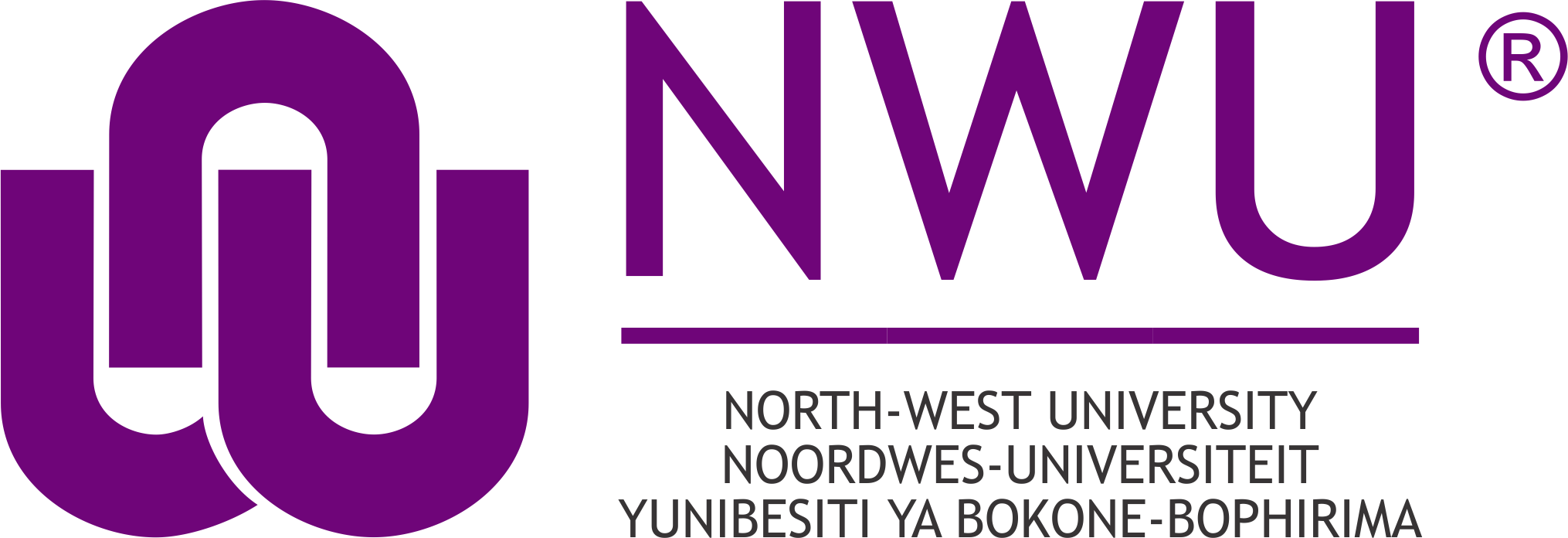CARST is radiating possibilities
Research into radiation technology is crucial for advancing industrial applications, enhancing safety, improving efficiency and enabling new technological innovations and solutions, especially in a country such as South Africa.
This is where the Centre for Applied Radiation and Technology (CARST) at the North-West University (NWU) comes to the fore. CARST is a pioneer in the field of applied radiation science research and training. The centre is mandated to carry out research and build capacity for the nuclear industry in South Africa. And, from 5 to 6 February, academic, private and public sector nuclear experts – among others – gathered at The Roots in Potchefstroom to participate in a CARST stakeholder strategy workshop.
Attendees included a delegation from the South African Nuclear Energy Corporation (Necsa), Eskom, the Department of Mineral Resources, iTehamba Labs, NuMeRI, the National Nuclear Regulator, the National Radioactive Waste Disposal Institute, and more.
According to Prof David Modise, executive dean of the NWU’s Faculty of Natural and Agricultural Sciences, the goal of the strategy workshop is to determine whether “CARST is on the right track”. He stated: “We need to evaluate if CARST is meeting global imperatives nationally and internationally.”
“It is very unusual to bring together such a critical mass of academic and industry role players under one roof,” said Prof Bismark Tyobeka, principal and vice-chancellor of the NWU, in his opening remarks.
He also underlined the NWU’s commitment to helping address the country’s energy needs: “From a nuclear perspective, it is our quest at the university to be relevant and well placed to serve the industry.”
Prof Jan Rijn Zeevaart, an extraordinary professor at the NWU’s Preclinical Drug Development Platform (PCDDP) and Necsa’s general research manager for Applied Radiation, gave an overview of the bigger nuclear picture by highlighting the current industrial trends. He also explained how further research into the application of nuclear energy can help achieve the United Nations’ Sustainable Development Goals (SDGs), and he showed various other industrial applications for radiation technology.
Prof Helen Drummond, deputy dean for Teaching and Learning at the Faculty of Natural and Agricultural Sciences, stressed that one of the goals of the strategy session was to identify further opportunities for CARST to help the industry, and for the industry to help CARST. This included the development of strategies to attract and retain qualified staff, to encourage industry partners to supervise and host MSc and PhD students, to ensure coursework modules are up to date with the latest technologies and developments, and more.
The strategy session included presentations by the respective stakeholders, a comprehensive gap analysis and the formulation of an action plan.
It is through assessment initiatives such as these that the NWU and CARST remain leaders in this field.
